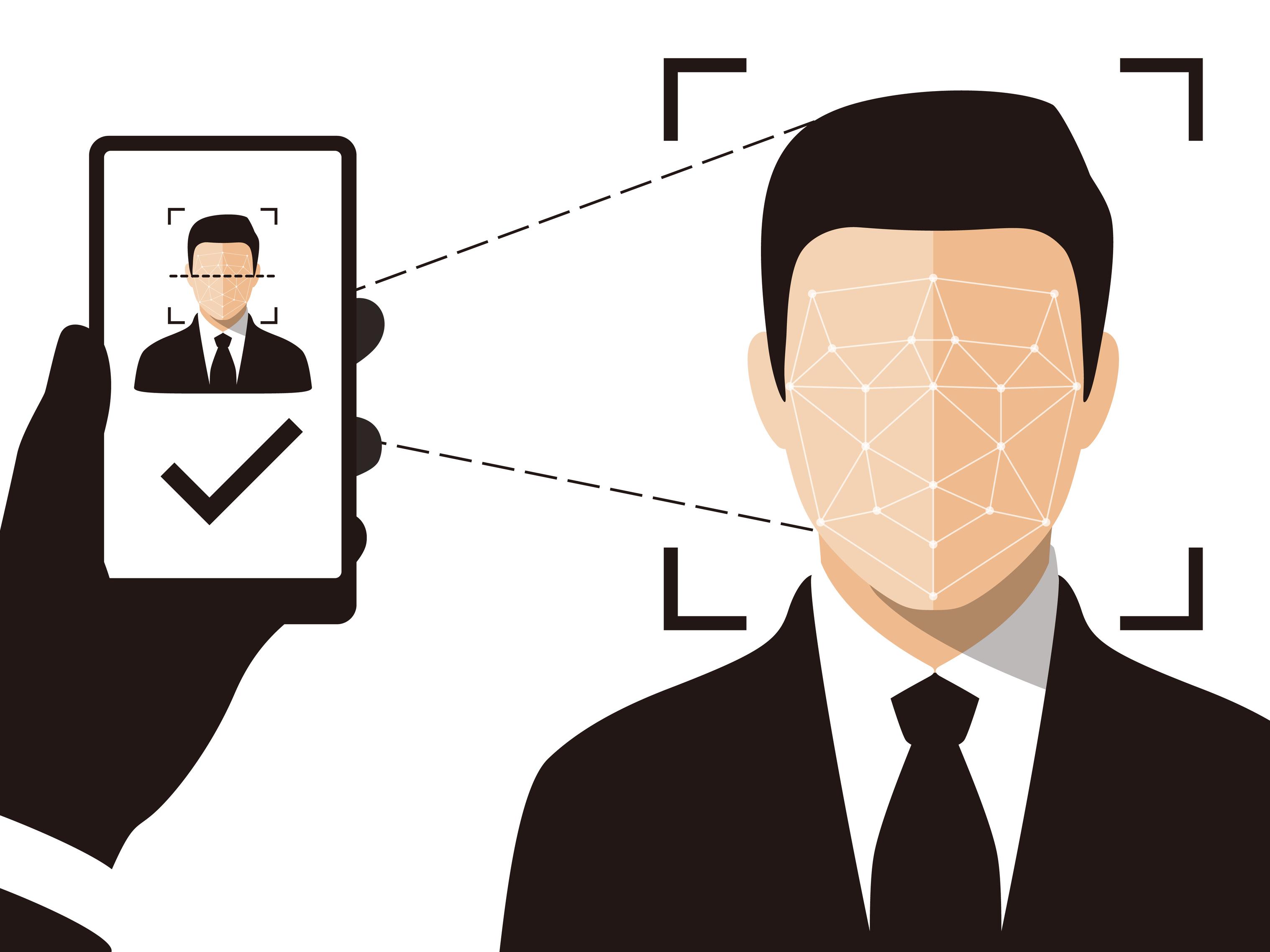
Brian Sims
Editor

Brian Sims
Editor
LEADING HUMAN Rights, technology and equality organisations and experts across the world have called for an urgent halt to Governments and private companies using facial recognition surveillance systems. In a joint statement, the expert voices warn of serious concerns about the Human Rights and discriminatory impacts of facial recognition surveillance, as well as an insufficient evidence base, safeguards, legal bases and democratic mandates to justify the use of such technology.

The international action, which is initiated by 120 civil society organisations working across six continents and involves upwards of 60 experts, comes at a time when Governments around the world are considering whether to prohibit or permit the use of live facial recognition.
While the European Parliament has endorsed a blanket ban on the police using Artificial Intelligence (AI)-powered facial recognition surveillance under the AI Act and several US cities have banned the technology, the UK’s approach has been described as an “outlier”. Here, use cases of live facial recognition surveillance have recently increased in the retail sector and among some police services.
Live facial recognition surveillance – whereby individuals’ faces are biometrically scanned by cameras in real-time and compared against a database – has been used in recent months at the Coronation of King Charles II, sports events, concerts and across central London.
Research conducted by Big Brother Watch, one of the groups that co-ordinated the international statement, has found that over 89% of UK police facial recognition alerts to date have wrongly identified members of the public as people of interest. International research, and the Metropolitan Police Service’s own testing of its facial recognition algorithm, has “identified disproportionately higher inaccuracy rates” when attempting to identify people of colour and women, which the Met has subsequently attempted to mitigate by adjusting its algorithm’s settings.
Raising the alarm
Silkie Carlo, director of Big Brother Watch, explained: “International experts are raising the alarm about intrusive AI-powered facial recognition surveillance. It’s vital that the British Government sits up and listens. This dangerously authoritarian technology has the potential to turn populations into walking ID cards. Every democracy ought to be banning it.”
Carlo continued: “As the host of the AI Summit later on this year, the UK should show leadership in adopting new technologies in a way that has material benefits for the public and our rights, rather than in a way that mirrors the dystopian surveillance practices of Saudi Arabia and China. Live facial recognition surveillance has been an expensive failure, with significant costs to the public purse and our civil liberties at a time when both need far more careful protection.”
Ella Jakubowska, senior policy advisor at European Digital Rights. noted: “With the upcoming Artificial Intelligence Act, the EU has the chance to become a world leader in protecting people from public facial recognition and other biometric-based surveillance. European Parliamentarians have spoken loud and clear in support of strong bans.”
Further, Jakubowska explained: “Worryingly, EU Governments continue to push back, citing vague claims of ‘safety’ and ‘security’ without providing any objective evidence. They want an unlimited margin of discretion to subject our faces, our bodies and our communities to these dystopian uses of technology, despite a complete lack of a democratic mandate.”
Anna Bacciarelli, associate tech director at Human Rights Watch, commented: “Facial recognition surveillance is a huge risk to Human Rights everywhere. As Governments around the world experiment with facial recognition programmes, we are taking a stand against this intrusive and powerful tech that creates the ability to surveil and profile people in real-time on an unforeseen scale.”
Bacciarelli concluded: “There is consensus among Human Rights experts around the globe that the only solution is to urgently ban facial recognition surveillance. It’s imperative that Governments and companies act on this to safeguard Human Rights now and into the future.”
Dorset House
64 High Street
East Grinstead
RH19 3DE
UNITED KINGDOM
01342 31 4300